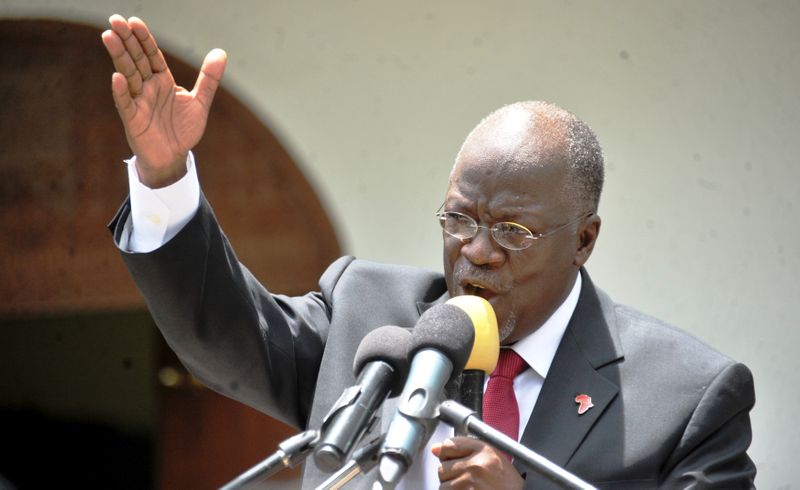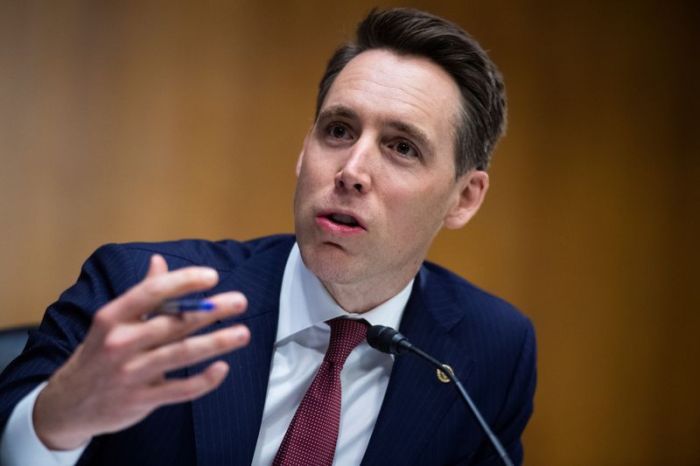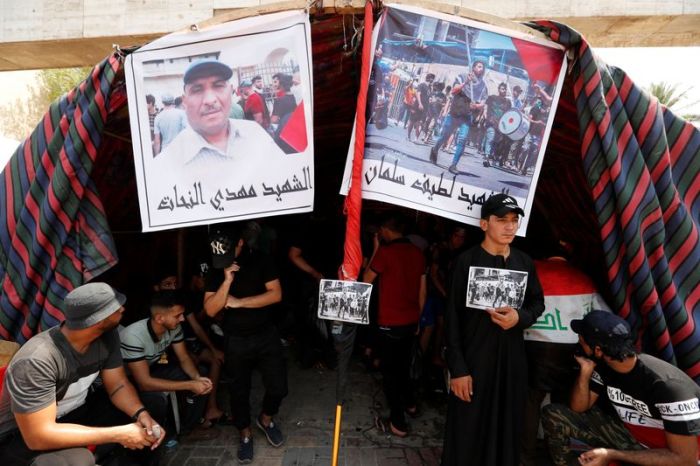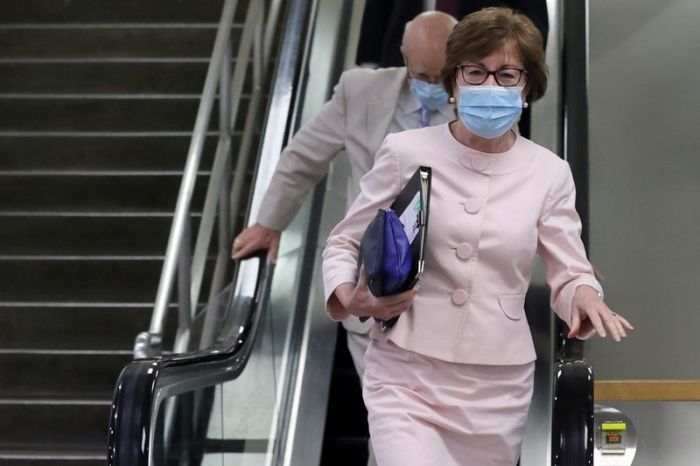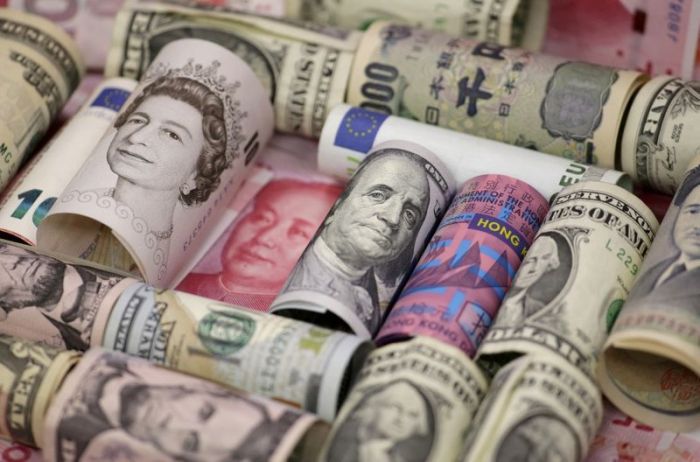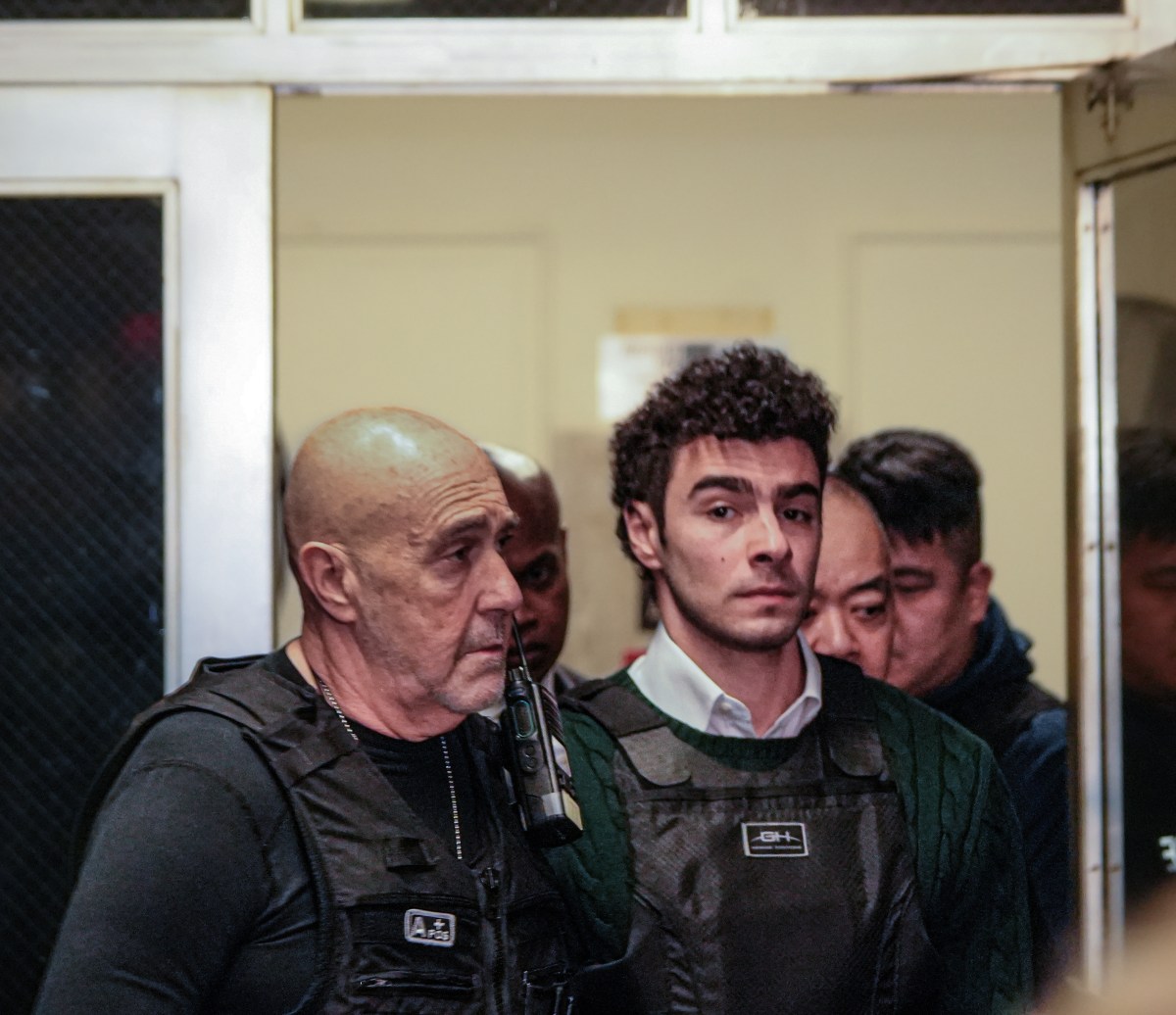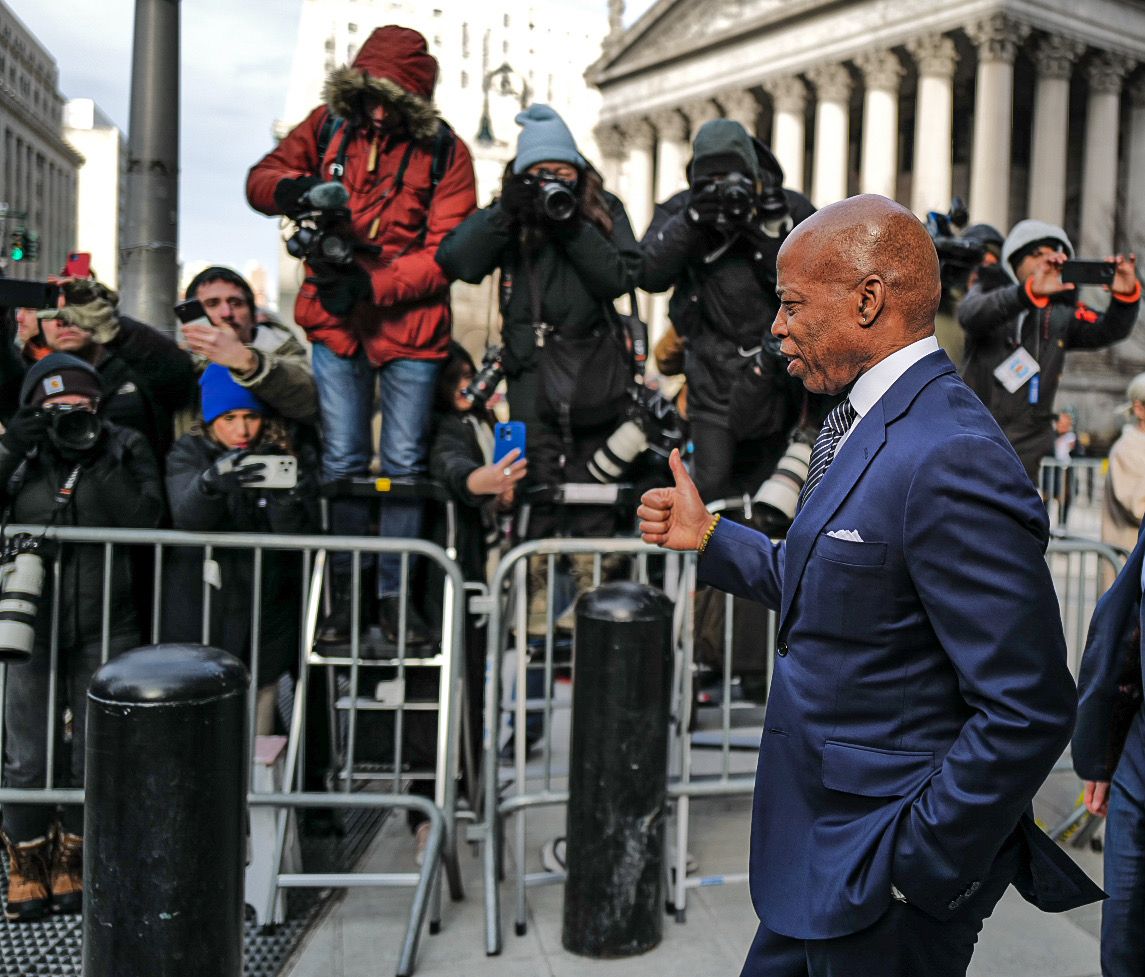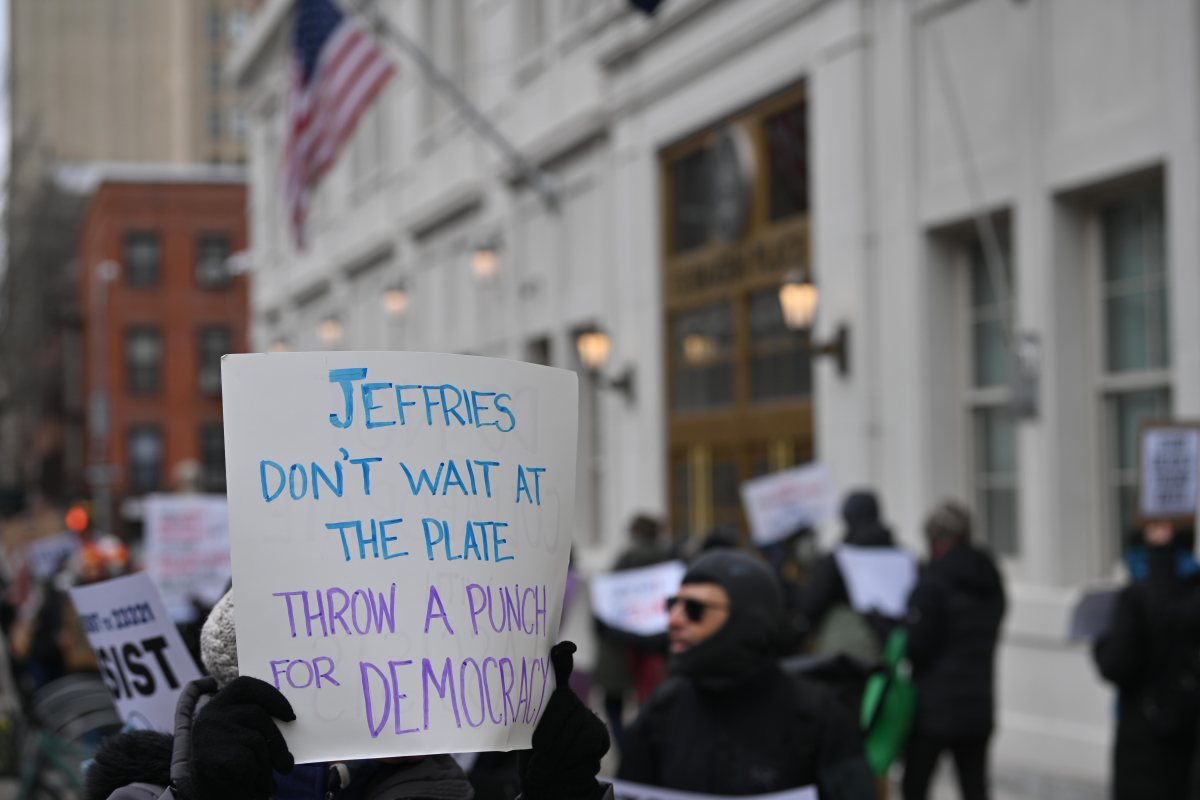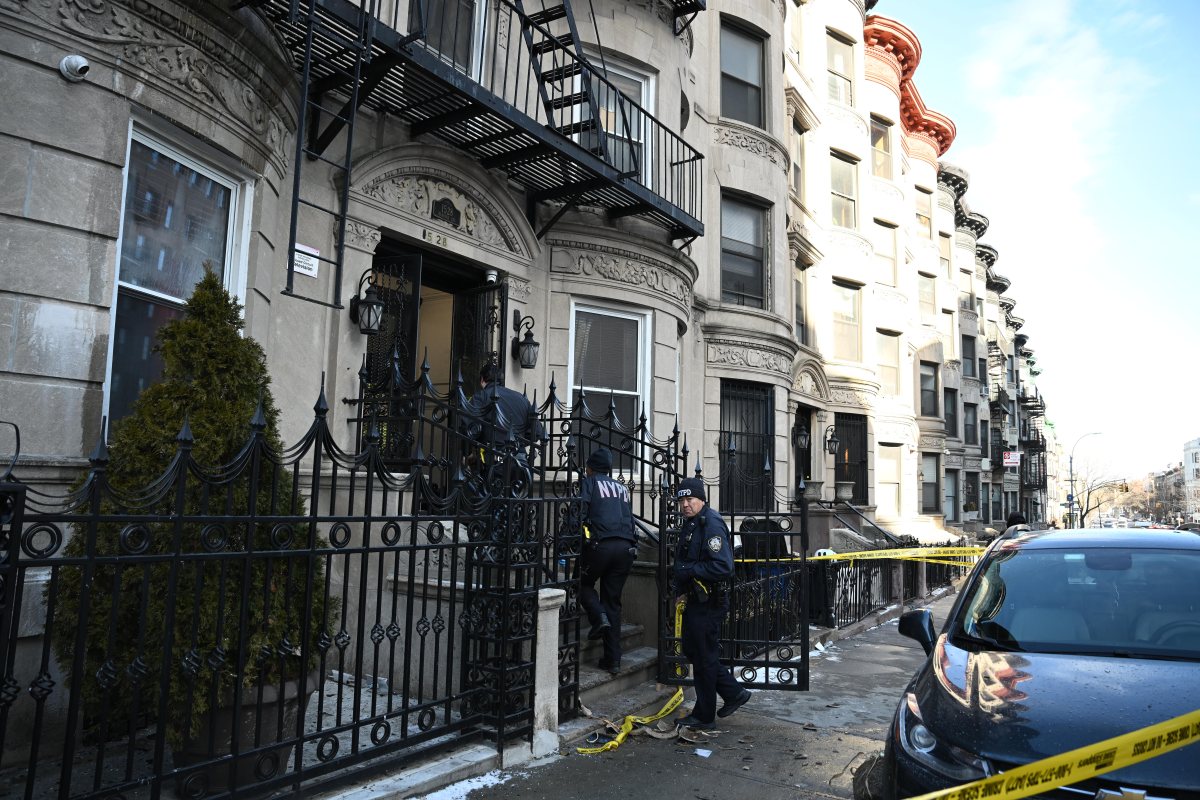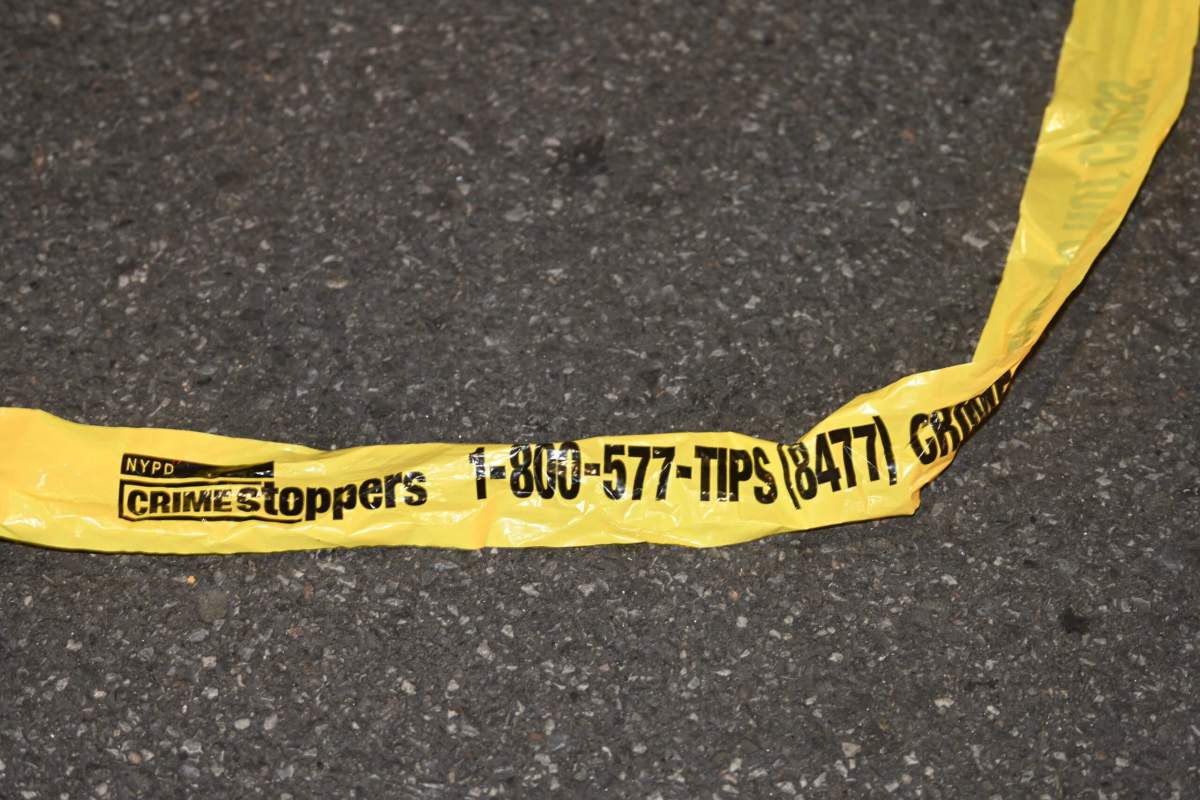DAR ES SALAAM (Reuters) – Tanzanian’s opposition leader and potential presidential candidate Tundu Lissu arrived home on Monday from Belgium where he took exile and underwent treatment after being shot three years ago.
Lissu, 52, was met at an airport in the commercial capital Dar es Salaam at 2 p.m. (1100 GMT) by relatives, political allies and thousands of supporters from his party CHADEMA.
A fierce critic of President John Magufuli’s government, he was shot 16 times, mostly in the lower abdomen, in an attack by unknown gunmen in the administrative capital Dodoma in September 2017.
At the time, Magufuli condemned the shooting and ordered security forces to investigate, but no one has been arrested.
Lissu was arrested eight times in the year leading up to his attack and charged with incitement, among other alleged offences. His most recent arrest was in August 2017 – two weeks before he was shot.
Lissu is currently vice chairman of CHADEMA, the main opposition movement, and plans to vie for the presidency in October general elections if he wins his party primary.
Lissu, who is popular in urban areas, would face incumbent Magufuli.
CHADEMA chairman Freeman Mbowe dropped out of the presidential race after he and three other party members, who initially said they wanted to contest the presidency, failed to pick and return nomination forms.
Magufuli, nicknamed “the Bulldozer” for his ability to push projects through, took office in November 2015 pledging to expand the East African nation’s infrastructure and fight graft.
But international rights groups accuse him of curbing free expression and cracking down on opposition figures.
The government denies stifling dissent.
(Writing by George Obulutsa; Editing by Elias Biryabarema, William Maclean and Andrew Cawthorne)

